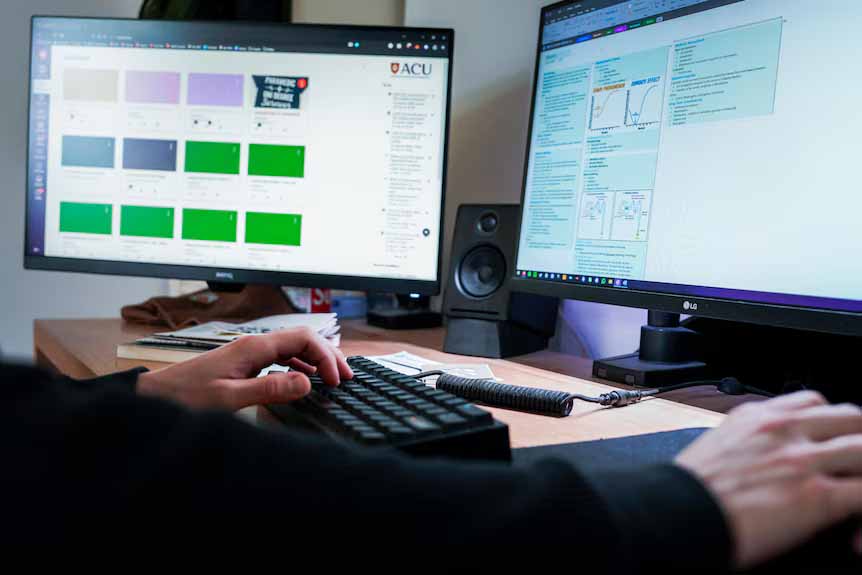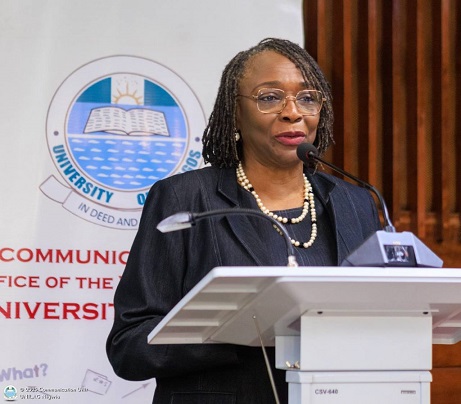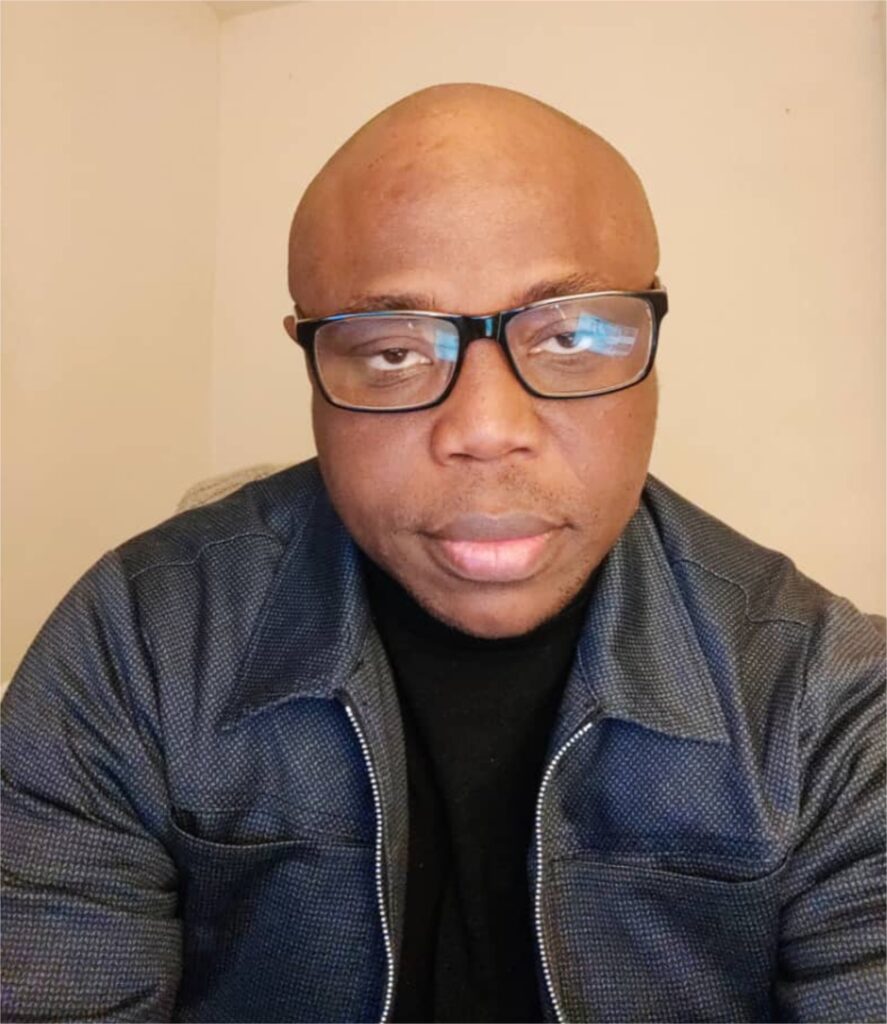Madeleine was in the middle of her final-year university nursing placement and frantically applying for graduate jobs when her phone pinged.
It was an email from a generic Australian Catholic University (ACU) address titled “Academic Integrity Concern”.
In it, the university accused her of using artificial intelligence (AI) to cheat on an assignment.
“And on top of that, I was getting emails from the academic misconduct board saying I needed to write out an explanation as to why I think this might have happened.”
It took six months for ACU to clear the 22-year-old of any wrongdoing, but by that point she believes the damage was done.
While the university investigated, Madeleine’s academic transcript was marked “results withheld”.
Madeleine is convinced that incomplete document was part of the reason she was not offered a graduate position.
“It was really difficult to then get into the field as a nurse because most places require you to have a grad year,” she said.
“I didn’t know what to do. Do I go back and study? Do I just give up and do something that’s not nursing in a hospital?”
ACU registered nearly 6,000 cases of alleged academic misconduct across its nine campuses in 2024, according to internal documents seen by the ABC.
About 90 per cent of those referrals related to AI use.
In a statement, deputy vice-chancellor Tania Broadley told the ABC those figures were “substantially overstated”.
She acknowledged ACU had recorded an “increase in referrals for academic misconduct” last year, but would not comment on the number of students who, like Madeleine, were wrongly accused of cheating.
“In 2024, approximately half of all confirmed breaches involved the unauthorised or undisclosed use of AI. This included assignments generated by AI, AI-produced references, and the use of AI tools to paraphrase or translate content,” Professor Broadley said.
“Around one-quarter of all referrals were dismissed following investigation, and any case where Turnitin’s AI detection tool was the sole evidence was dismissed immediately.”
Student carries burden of proof
The ABC spoke to several ACU students issued AI-related infringements in the past year.
Each said they were notified at the end of the semester, given little time to respond and had to wait months for the university to conclude they had done nothing wrong.
In the interim, they said, the onus was on them to prove their innocence and meet with university staff who knew “little” about their degrees.
The ABC has seen emails from ACU academic integrity officers requesting students provide handwritten and typed notes and internet search histories to rule out AI use.
Professor Broadley said this was no longer part of the university’s practice.
“They’re not police,” said a final year ACU paramedic student wrongly accused of cheating with AI.
The ABC has not identified the individual to protect their privacy as a current student.
“They don’t have a search warrant to request your search history, but when [you’re facing] the cost of having to repeat a unit, you just do what they want.”
While the student produced dozens of pages of evidence, the university’s case hinged on a single AI-generated report that highlighted problematic text.
“It’s AI detecting AI and almost my entire essay was lit up in blue — 84 per cent of it supposedly written by AI,” the paramedic student said.
Students said any attempts to engage ACU and complain about its academic misconduct process were either ignored or dismissed.
In a letter from ACU’s complaints, conduct and appeals team, seen by the ABC, one student was told that 10 weeks was “well within the timeframe allowed” for the university to issue an academic infringement.
It cited high volumes of referrals and insufficient staff — issues students told the ABC were brought up repeatedly in face-to-face meetings with staff to challenge their misconduct claims.
Professor Broadley acknowledged “investigations were not always as timely as they should have been” and said “significant improvements” had been made in the past 12 months.
“We regret the impact this had on some students,” she said.
ABC





